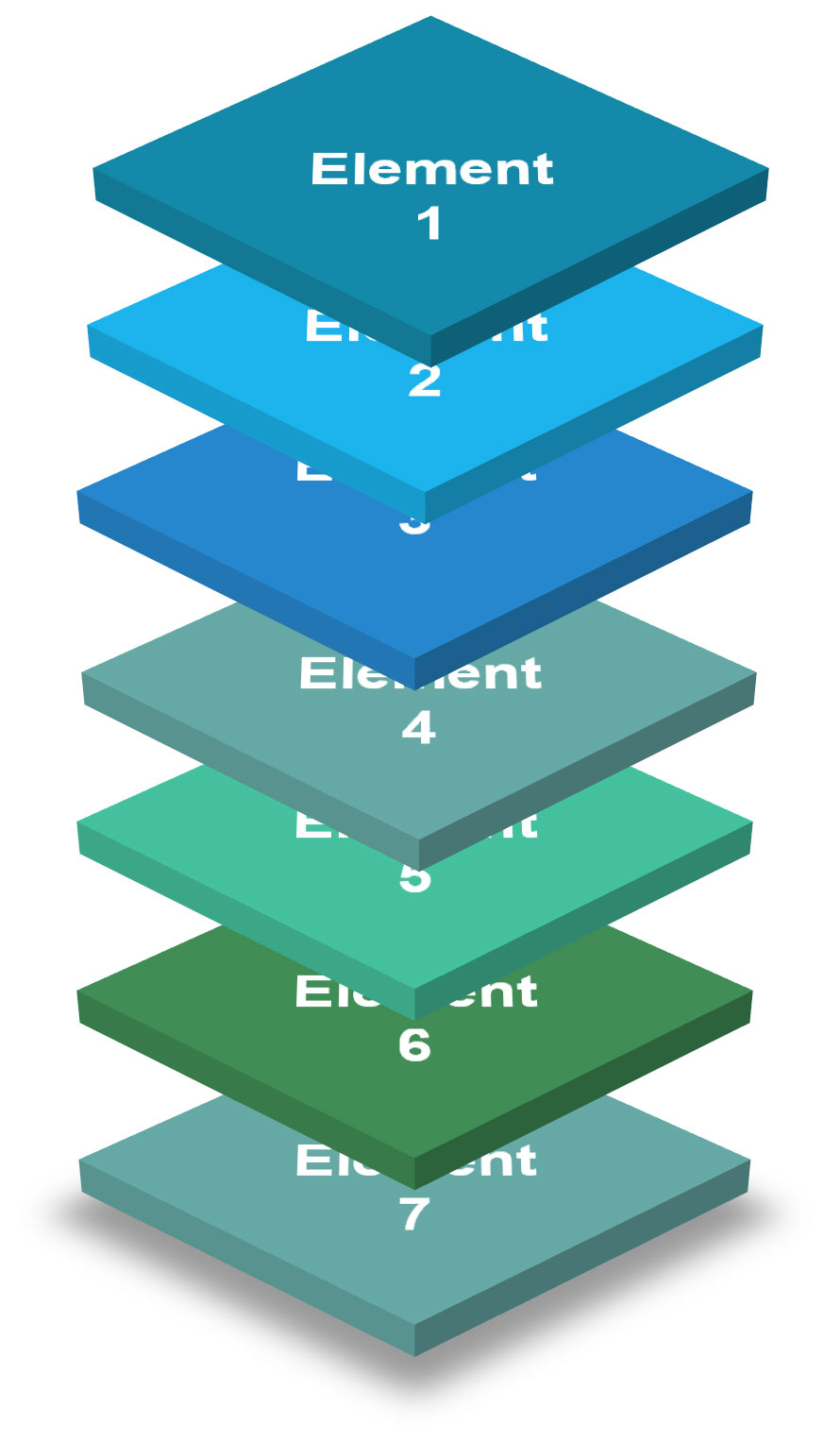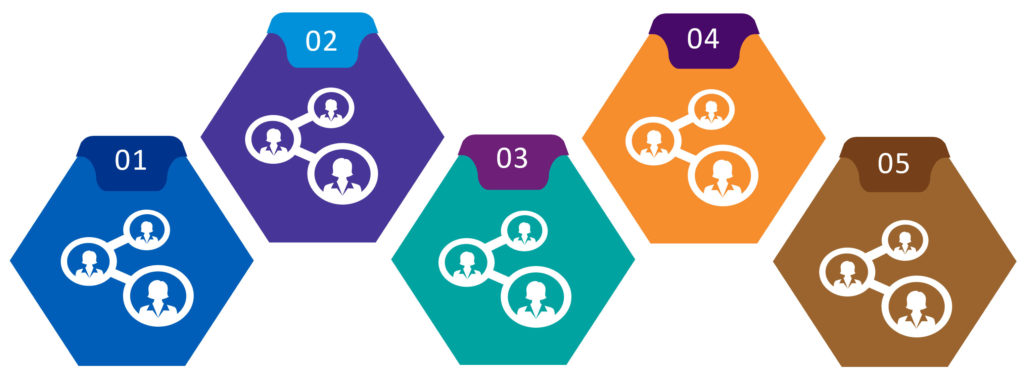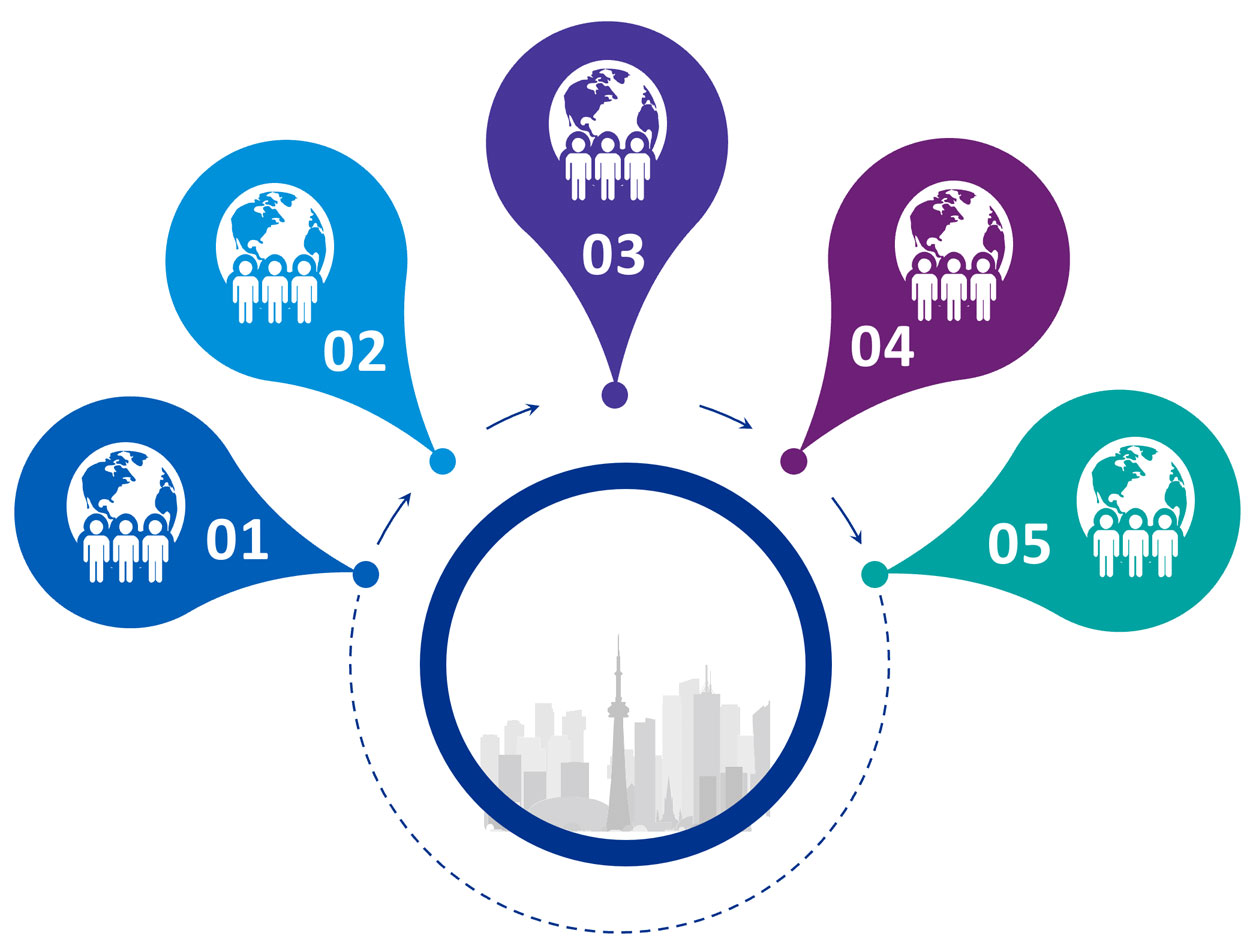African immigrants to Alberta are faced with array of challenges during transition and integration into their new home. These challenges are grouped into five main elements below.
Download the printable Infographic (pdf)
NOTE: This document builds on the Report: Understanding Gender Relations within African Immigrant Families: A Participatory Action Research: Social Science and Humanities Research Council (SSHRC), 2017-2020 (LINK?)

| Element 1 – EMPLOYMENT | |
| Element 2 – FINANCES | |
| Element 3 – PARENTING | |
| Element 4 – SUPPORT SYSTEMS | |
| Element 5 – EXTENDED RELATIONS | |
| Element 6 – GENDER RELATIONS | |
| Element 7 – INTIMATE PARTNER VIOLENCE |
Our research sheded light on 3 important factors:
01
African immigrants expect integration to be a two-way process, an effort on their part to adjust to a new environment and an effort on Canada’s part to respond to their needs

02
African immigrants need support to address and navigate systemic barriers, to build a sense of community and identity to pass them onto the next generation

03
African immigrants’ remarkable resilience is reflected in how they continually strive to improve their lives, even with the many barriers they face

Element 1 – Employment
Common Concerns
| Canadian employers do not recognize international credentials and require prior Canadian work experience | |
| Majority of immigrants end up working in low-skilled, low-wage and insecure jobs | |
| Workplace discrimination | |
| Lack of useful guidelines to help immigrants with finding employment | |
| Settlement agencies encourage new comers to settle for low paying jobs |
Recommendations
-
Settlement agencies should provide better guidelines on job prospects and counsel SSA immigrants on how to obtain Canadian credentials
-
SSA immigrants should take more time to become familiar with their new host country and the new culture
-
Provide mentorship programs in SSA immigrant communities
-
Enable SSA immigrant organizations to undertake mentorship programs from within
Element 2 – FINANCES
Common Concerns
Regarding finances, Immigrants face 2 main challenges.
Financially uninformed
Poorly informed financial decision making due to a lack of understanding the financial system in Canada

Adherence to traditions
Rigid adherence to men’s traditional role as breadwinners and the primary decision-makers for the family
Recommendations
It’s crucial to educate newcomers on the financial system in Canada and it’s differences compared to the African financial System. The Government should work with SSA stakeholders to develop learning modules tailored to key elements of Canada’s financial system relevant to rebuilding life as newcomers.
Key elements such as:
- How to build a good credit history
- The benefits of joint accounts and family savings, the importance of open communication between partners
- The taxing system
- Basic banking accounts: Registered Retirement Savings Plan (RRSP) and Registered Education Savings Plans (RESP)
- Debit and credit card payments
- How to navigate religious beliefs to apply for loans or mortgages
Element 3 – PARENTING
Common Concerns
African families place great emphasis on developing close and supportive relations with their children. However, parenting is a major concern when integrating between two cultures, due to:
 |
1. Lack of familiarity and understanding of the mainstream culture |
| 2. Use of both corporal and non corporal punishment to discipline children | |
| 3. Language and communication barriers between parents and children |
Recommendations
| Educate immigrant parents on parenting in the western culture such as the different parenting styles and ways of disciplining | |
| Guide parents on how to better support their children with their educational needs | |
| Encourage parents to become involved with their children’s education | |
| Educate parents on finding a work-life balance | |
| Supporting parents to encourage their children to attain a university degree |
Element 4 – Support Systems
Common Concerns

Limited use of mainstream service providers and reliance on informal support and religious groups

Lack of awareness to the existence and location of services

Inability to use resources due to: financial difficulties, language barriers, discriminatory practices, fears of negative stereotypes and stigma
Recommendations

- Educating immigrants about the realities of life in Canada prior to arrival
- Having proper referral systems and onboarding programs available
- Ensuring that service providers are familiar with African languages, culture and values
- Provide services that are accessible and free of cost
- Seek advice from family and friends in Canada to help navigate the system
Element 5 – Extended Relations
The majority of African immigrants acknowledge the importance of having strong relations with their extended families and feeling responsible to financially support them.
Common Concerns
Positive Impact
Encouragement and support
Extended Family Relations

Adherence to traditions
Straining family finances and interfering with family relations
Recommendations

- Creating open and trusting relationships between partners to avoid conflict involving extended family relations
- Being transparent with family members regarding finances and challenges of employment in Canada
- Setting boundaries with extended family members and relations
- Helping financially within sustainable means and based on availability
- Supporting causes that allow individuals to become self-sufficient
![]()
Element 6 – Gender Relations
Gender relations is a central element of marriage and family life which interacts with migration and settlement processes. A higher level of tension between partners occur after migration.
Common Concerns
Male’s view:
- Acknowledge the positive impact of women’s empowerment
- Feel that their rights and role are diminished in Canada
- Still maintained traditional beliefs on their patriarchal role as the breadwinner and decision maker in the household
Female’s view:
- Acknowledge the need to re-adjust gender roles to meet the needs of their family
- They are more willing to settle for the low paying jobs.
Both:
- Acknowledge the toll that financial stressors, lack of family support, unfamiliarity with the host culture, conflict with their children and limited employment opportunities take on immigrant families
Recommendations
Prepare to live with limited traditional support system, especially for childcare and family chores

Rebuild relationships with emphasis on mutual support and transparency as core elements
![]()
Element 7 – Intimate Partner Violence
The interplay of barriers to settlement, lack of familiar support and the need to adjust to a new culture and its norms can impact gender relations and at times lead to violence.
Common Concerns
- New freedom and rights for women as encouraged by settlement workers, without providing the needed context and backgrounds
- The traditional views of African men and their treatment of women
- Lack of trust in service providers and healthcare professionals to seek help
- Misinterpretation of religious scriptures as the need for women to be submissive to males
- Women abusing the system by requesting separation to qualify for further support from government services
- Different cultural understanding of gender relation, violence and discipline
- Men’s diminished sense of confidence and further attachment to their power position
- Lack of culturally relevant information and support in addressing the needs of families
- Poor communication between partners, in particular with regards to finances and extended family relations
Recommendations (in the early phases of settlement)
-
Educate men about the consequences of family violence in Canada
-
Introduce anger management classes to men
-
Create a strong support system within communities to prevent family conflict and violence
-
Designate an elder member or a support group in the community to help during difficult times
-
Support families to develop stronger communication skills

This is very real, insightful and covers broad areas of concern that need to be addressed both by immigrants and Canada as a whole. As an African immigrant I can relate to a lot of the findings. Well done and thank you. Georginia Nwoke, R. Psych AB
This research provides a vivid and holistic picture of the challenges African immigrants face in Canada and the role varied stakeholders should play in addressing the different areas of concern. Bravo to the team! Martha Egenti